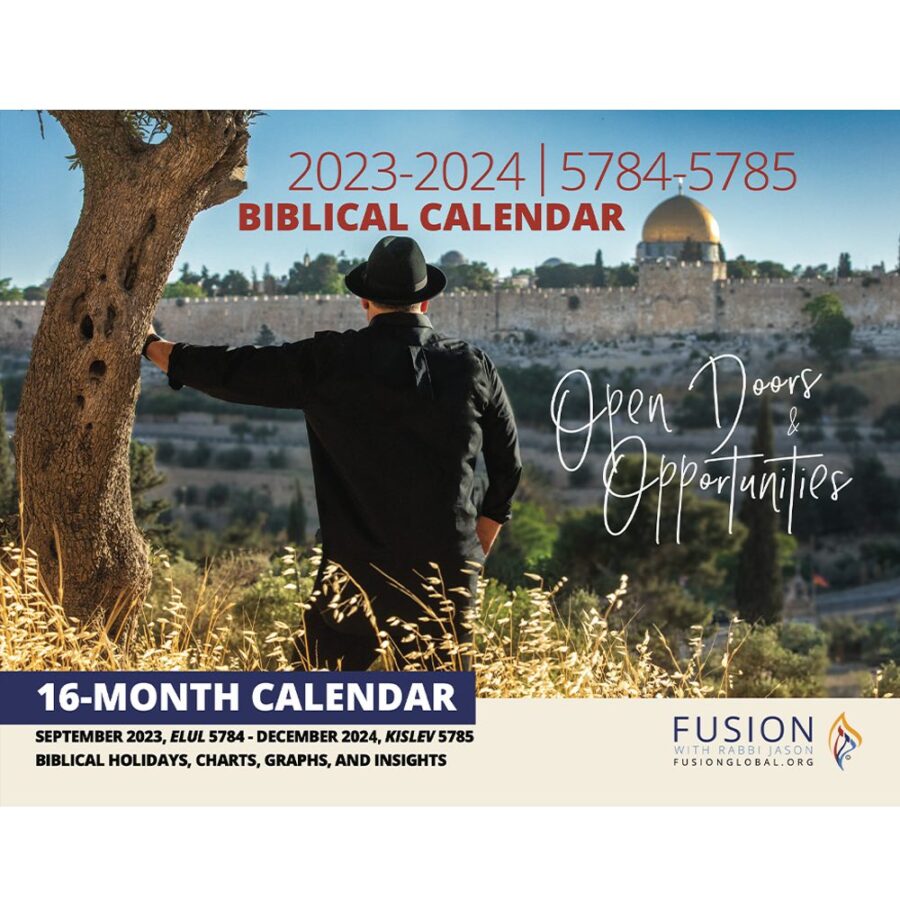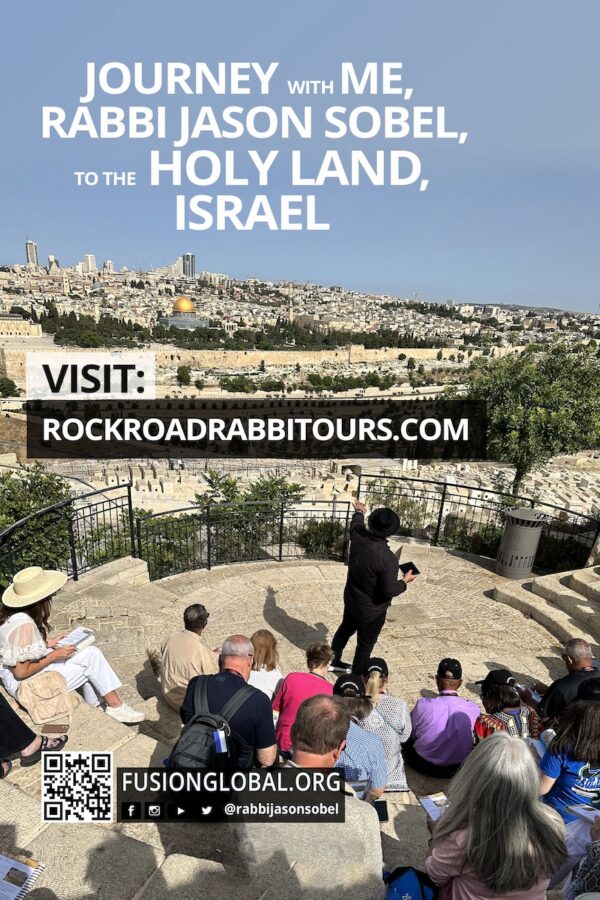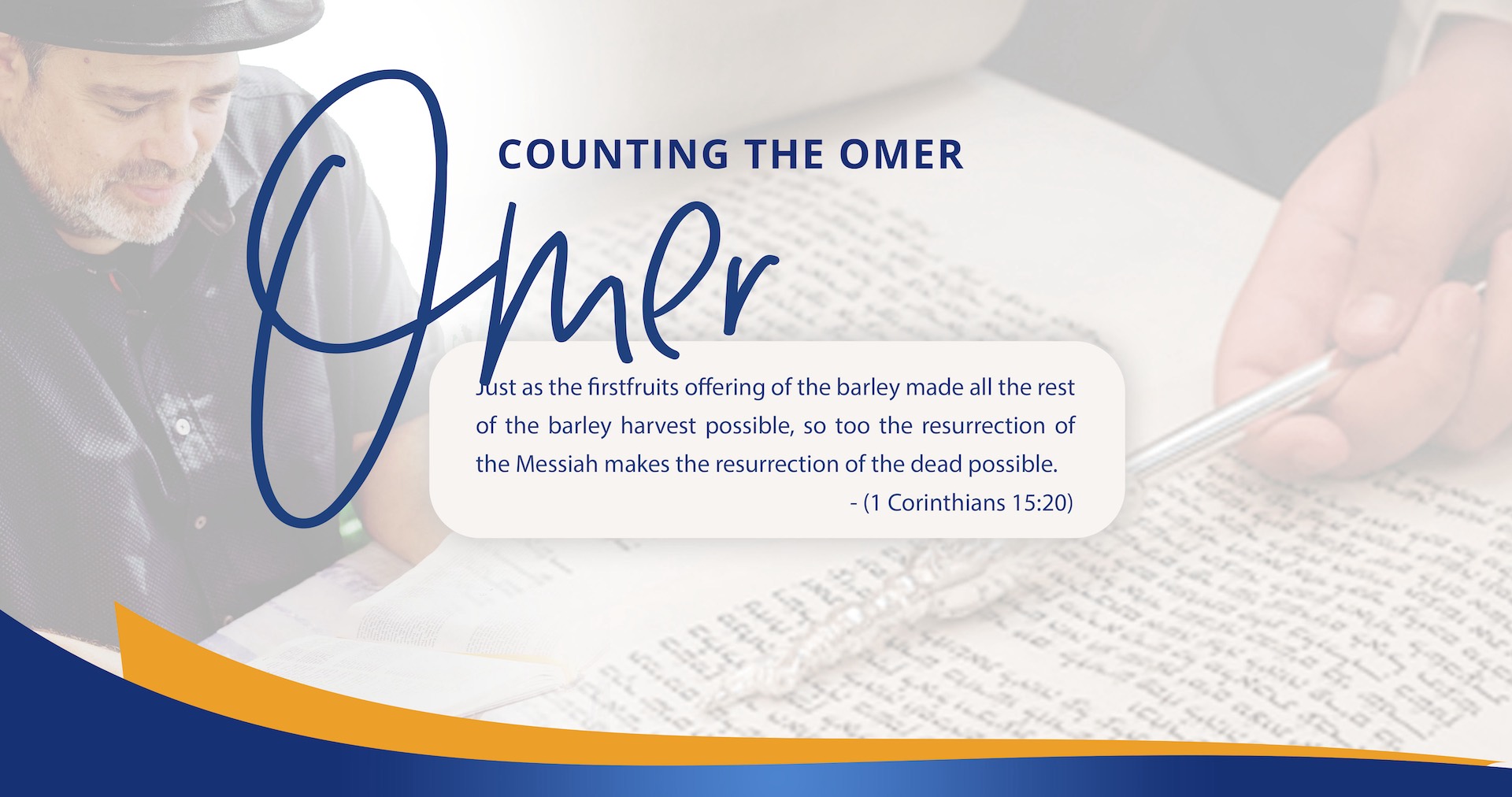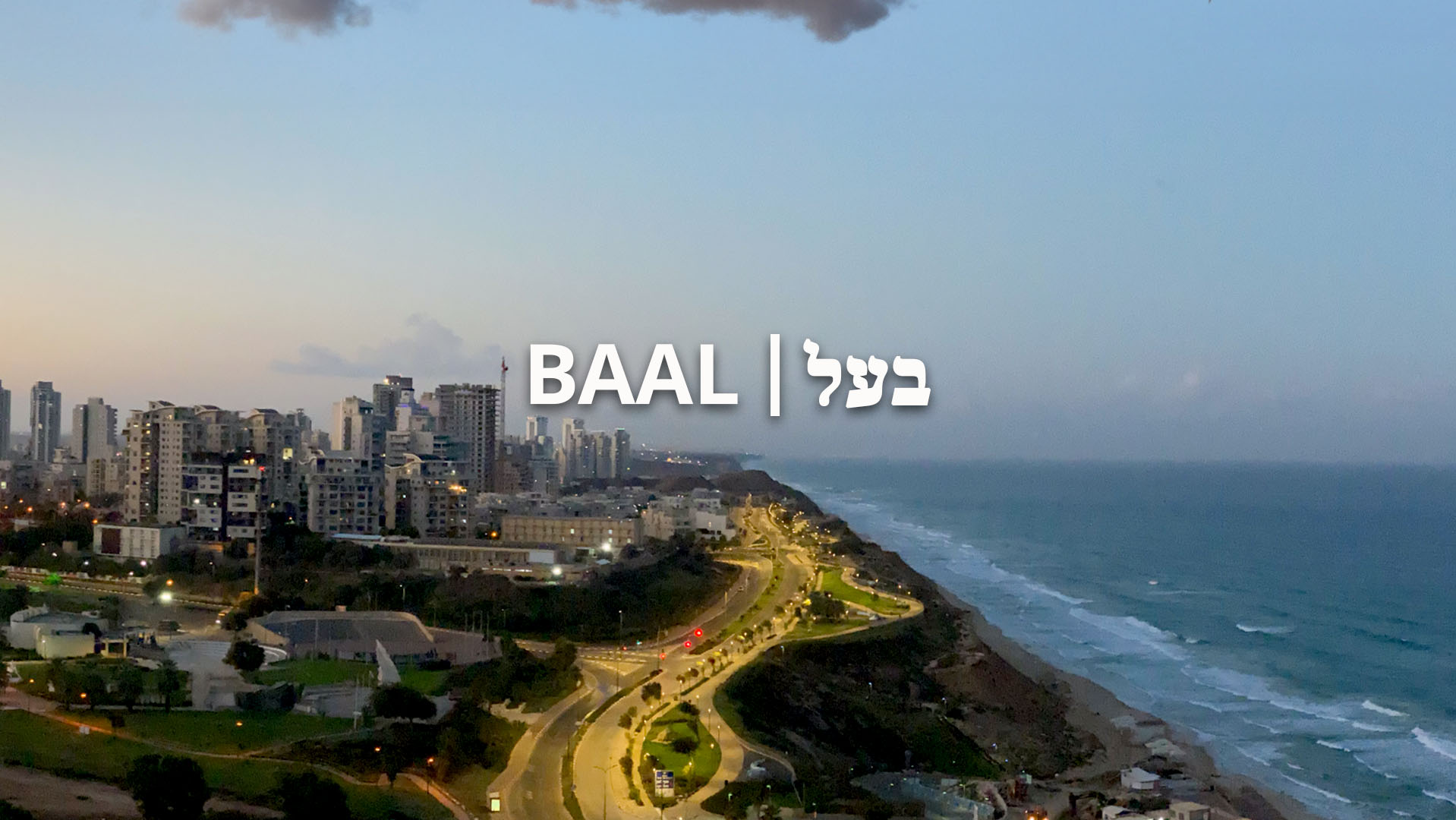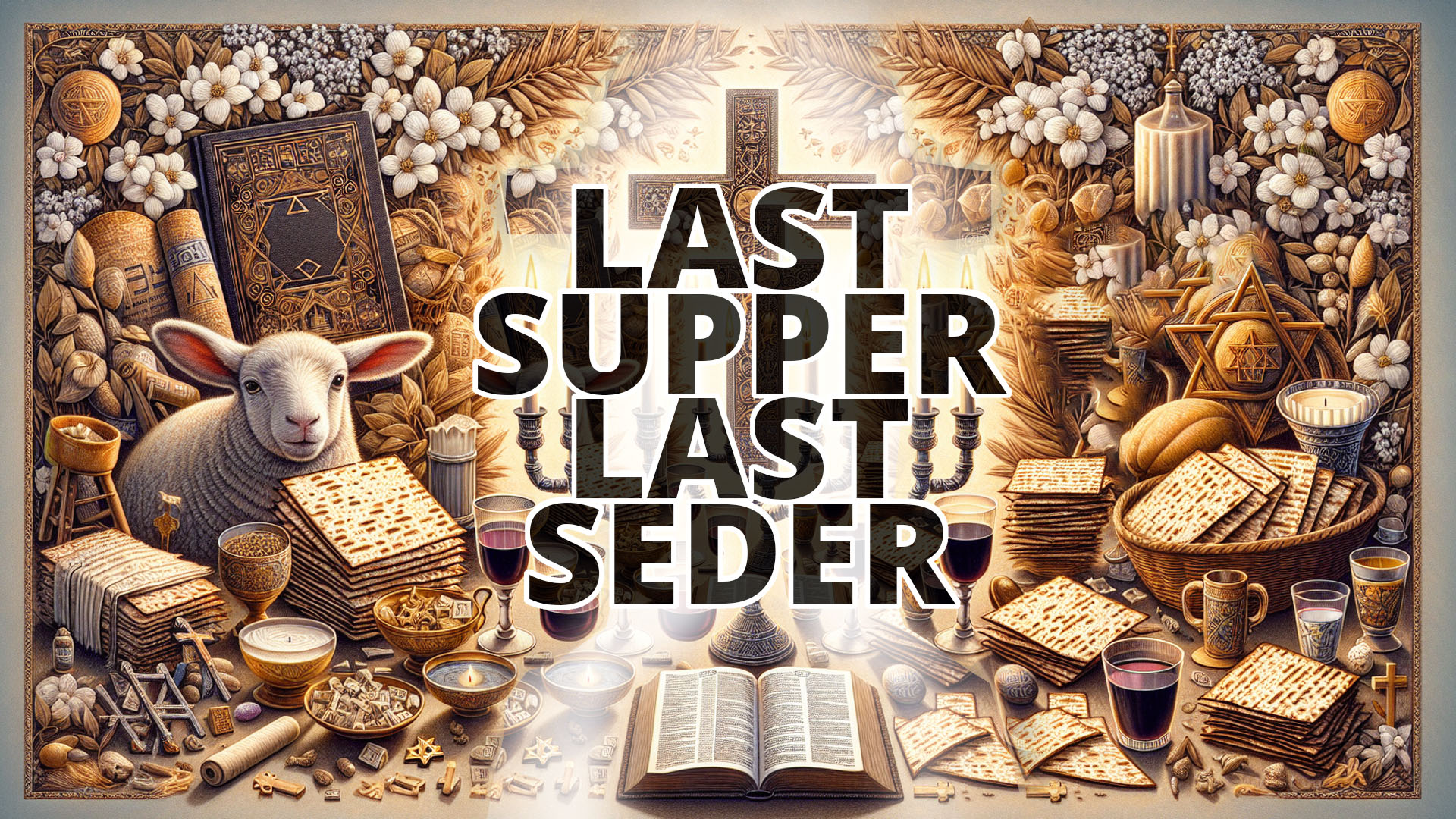How to Read The Torah
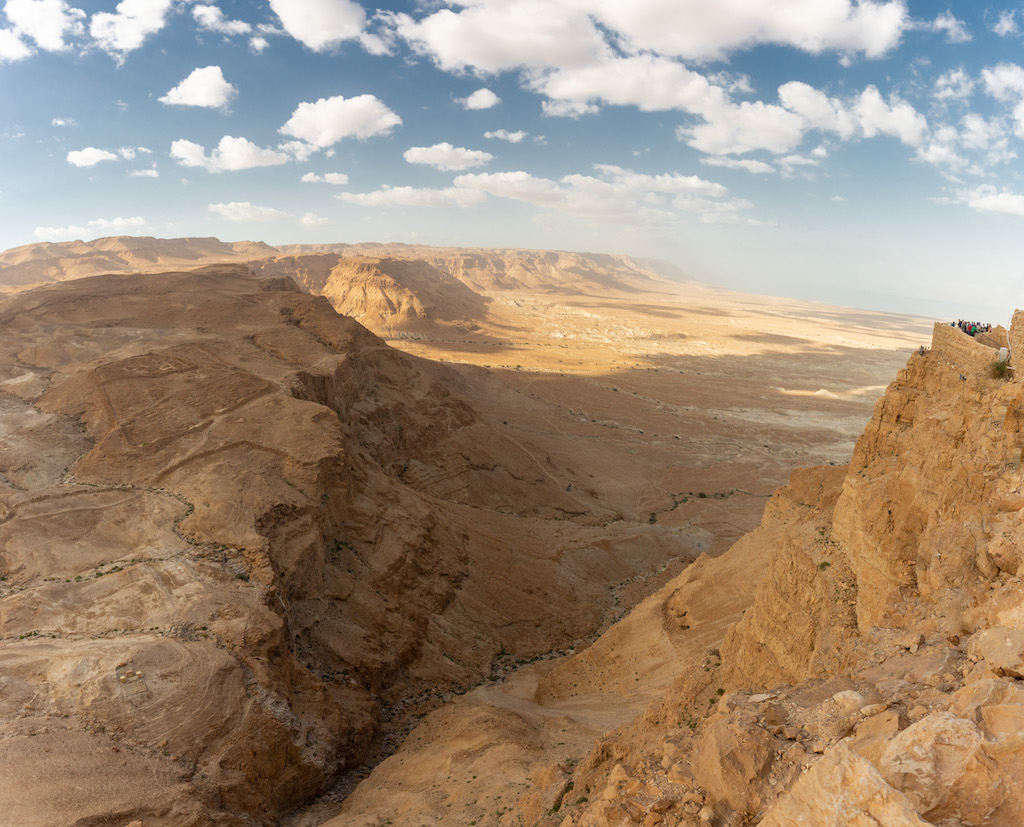
Did you know Yeshua’s first act of public ministry included a Torah reading?
As described in Luke 4:14-21, Messiah’s ministry kicked off with giving a public reading of the Jewish scriptures! If the Torah reading was central to the worship of Yeshua and His first-century followers, should it not be central to our worship as well?
As followers of Jesus (Yeshua), it’s easy to disconnect from our roots, studying the life and ministry of Yeshua without an understanding of His background. But by taking a look at the context from which He came, and the Jewish history that influenced Him, we can more deeply understand — and worship — our Messiah.
Are you ready to take steps toward a more vibrant, colorful faith as you grow in your understanding of the Torah? Here are a few things to think about on the journey.
What is the Torah?
The Torah is God’s Word, as spoken to the Children of Israel. It contains five books, known also as the Pentateuch or the Books of Moses. The Torah begins with creation and continues to follow the Israelites through their enslavement in Egypt and their arrival at the Promised Land.
Why read the Torah?
Scripture as a whole is a powerful and necessary resource for learning about God and His plan of redemption for His children. It’s how we learn about God whom we were created to love! But the Torah, in particular, holds the historic, cultural, and prophetic context for everything we read in the New Testament. The journey of the Israelites from Egypt to the Promised Land sets the stage for us to celebrate Yeshua for who He is and all He has done!
In other words, without an understanding of the Torah and the Old Testament, we can never fully grasp the New Testament! The two go hand in hand and are meant to be read as a metanarrative, or one, complete story.
To learn more about why you should read the Torah, Begin Here.
How is the Torah read by Jews?
Jews throughout history have sought God through the reading of the Torah, which was given by Moses. Contemporary Jews still include a Torah reading in their prayer service as a way to honor God. Because the Torah is a sacred text, it is kept in the Ark. At the time of the reading, the master reader removes it from the Ark, and then reads it at the bimah, a table at the center of the Temple or synagogue.
The master reader will then read that week’s Torah reading in a special, reverent tune known as a trop. Before and after the reading, a group of men are called to the bimah, where they recite a short blessing to bless the Torah reading.
How is the Torah connected to The Prophets?
The Torah, which includes the first five books of the Hebrew Bible, shares a strong connection with the Prophets in several ways. Firstly, the Prophets often incorporate narrative elements from the Torah, such as the story of the exodus from Egypt, to convey their own messages and teachings. By reusing these familiar stories, the Prophets make new points and establish a sense of continuity with the Torah.
Additionally, the Prophets frequently comment on and expand upon the laws found in the Torah. They delve into specific details of the Torah’s legal instructions, including the intricacies of Sabbath law prohibitions, and provide further insights and interpretations. Through their commentary, the Prophets broaden the scope and understanding of these laws, enriching the religious and moral teachings found in the Torah.
Furthermore, an important connection between the Torah and the Prophets is evident in the practice of pairing weekly Prophetic portions, known as Haftarahs, with the corresponding Torah portions. Each week, a specific section from the Prophets is chosen to be read alongside the designated Torah portion. This practice highlights the harmonious relationship between the two bodies of work, emphasizing their interconnectedness and the way in which the Prophetic writings complement and enhance the teachings of the Torah.
In summary, the Torah and the Prophets are deeply connected. The Prophets reuse narrative elements from the Torah, and comment on its laws, and their writings are paired with the Torah portions on a weekly basis. These connections showcase a continuous conversation between the two, providing a broader and more profound understanding of the religious and moral teachings encompassed in both the Torah and the Prophetic writings.
What is the Hebrew acronym for the Hebrew Bible?
The Hebrew acronym for the Hebrew Bible is TaNaKh (usually spelled Tanakh or Tanach). TaNaKh is an acronym, from the first Hebrew letter of each of the three traditional divisions: Torah (literally ‘Instruction’ or ‘Law’), Nevi’im (Prophets), and Ketuvim (Writings)—hence TaNaKh.
How do I read the Torah?
There is no right or wrong way to read the Torah, but a greater understanding of Jewish history with Torah reading can inform and enliven your own engagement with God’s Word.
The weekly Torah Portion is a great first step to partaking in the rhythm of scripture reading with God’s people. Here’s how it works: The five books of the Torah are broken up into 54 portions, also known as Parshah or Sidra. Each one is read on a specific week of the year, so the entire Torah is read annually.
Since Jewish holidays like Passover and Shavuot (Pentecost) are also of great importance, there are also special Torah portions dedicated to those. For example, on Shavuot, we would read the portion of the Torah where Moses is given the Ten Commandments.
Whether you’re new to the Torah or want to deepen your connection with God by unifying the Old and New, our weekly Torah Portion emails will empower you to take a step toward a deeper, more colorful walk with God.
Each weekly guide comes with a summary of the reading along with commentary from me, a By The Numbers Section, and a New Testament Tie-in, which will help you make connections between the Old Testament reading and contemporary life with Yeshua.
Sign Up and Journey Deeper with Rabbi Jason Sobel.
Each week a link to an in-depth guide will walk you through the weekly Torah Portion. Together, we will connect and unite the old with the new, Jew and Gentile, past and future in order to understand our full inheritance. Don’t settle for half of an inheritance. Matthew 13:52 TLV
"My husband and I have served as Missionaries through His occupation in the Oil and Gas industry for 20 years, this message really blessed us as we have used our wealth to advance the gospel and pour into the lives of those who are in the ministry. We always felt that our part was just as valuable, and this was very precious to see this in the scriptures through the OT. "
What is Fusion with Rabbi Jason?
It is in looking back at what God has done that we can see forward to His future plans for us. “For I know the plans I have for you,’ declares the Lord, plans to prosper you and not to harm you, plans to give you hope and a future” Jer 29:11.
At Fusion Global with Rabbi Jason Sobel, we want to add definition to your faith as we restore the lost connection to our ancient roots and rediscover our forgotten inheritance.
